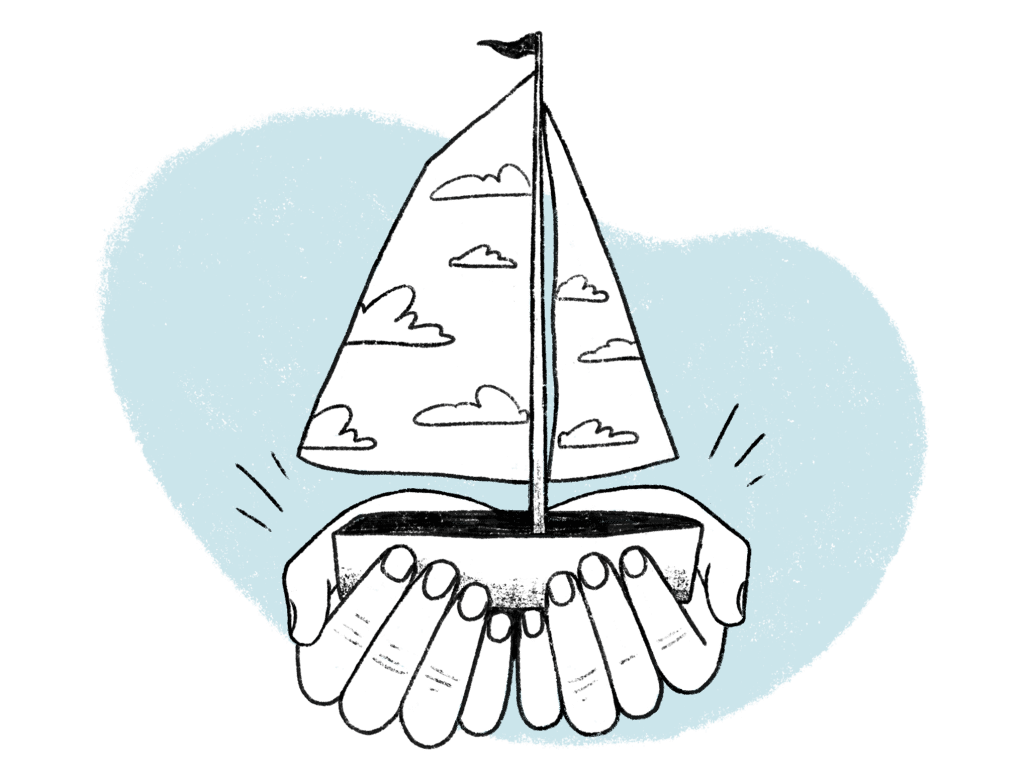
12 February 2026
7 min.
Competence
12 November 2024
6 min.

In 2025, the workplace will be shaped by advancements in artificial intelligence, economic instability driven by geopolitical tensions and market fluctuations, and new generational demands for more flexibility, diversity, and purpose at work. In this climate of uncertainty, high-performing organizations will focus on soft skills—essential for building resilient, adaptable teams ready to tackle ongoing challenges.
At the top of the 2025 soft skills list: inclusive leadership to foster strong, united teams, adaptability and resilience to turn obstacles into opportunities, and psychological safety to unlock innovation.
You’ve likely heard about these critical skills before—but as 2025 approaches, it’s no longer enough to discuss them. Mastery is now essential. These soft skills, once considered nice-to-have, have become non-negotiable for navigating today’s ever-evolving professional landscape. After all, you can’t prepare teams for the unpredictable with yesterday’s playbook!
Want your teams to be ready for anything—even the unexpected? Spoiler alert: Boostalab has the corporate training solutions to turn your talent into tomorrow’s champions!
Inclusive leadership isn’t just a trendy concept; it’s a transformative approach that puts people at the centre of every decision. Among the essential soft skills for 2025, inclusive leadership stands out by fostering an environment where everyone feels valued and heard.
Unlike traditional management styles, an inclusive leader prioritizes creating a culture of respect and recognition. When individuals feel their voice matters, they’re more motivated and engaged in their work.
Inclusive leaders play a crucial role in attracting and retaining talent, particularly with Generation Z, who value diversity and inclusion highly. According to McKinsey & Company, inclusive environments enable employees to fully engage by feeling valued and safe, significantly reducing turnover risk—especially for underrepresented groups. (1) Additionally, a Catalyst study found that people who feel included are three times more engaged and 2.5 times more likely to stay, helping to lower turnover costs. (2)
Inclusion has become an essential asset for retaining talent and minimizing the expenses tied to employee turnover. It creates a virtuous cycle where a positive environment attracts and retains a diverse, motivated workforce.
Managing change is a lot like learning to dance the tango—without proper guidance, it can quickly turn into a chaotic shuffle! In a world where transitions are inevitable, every step matters. Poorly handled changes can escalate resistance and tensions, leaving teams caught in a frustrating spiral.
That’s why it’s essential to equip teams to face constant challenges and adopt a proactive mindset when dealing with the unexpected.
Pour que la gestion du changement se transforme en une véritable chorégraphie bien rodée, il faut instaurer des pratiques qui transforment la résistance en engagement actif. Grâce à des techniques éprouvées, les équipes peuvent naviguer les transitions en minimisant le stress, créant ainsi un climat où chacun·e suit le rythme sans faux pas. Mieux vaut orchestrer chaque mouvement que risquer un freestyle chaotique quand vient le moment de se transformer!
According to a Gartner study, managers who focus on building their team’s resilience to change—rather than merely pushing transformation initiatives—can increase sustainable team performance by up to 29%. (3) This highlights the importance of equipping every member of the organization with the tools needed to embrace change and approach it proactively.
To turn change management into a well-choreographed performance, organizations need practices that transform resistance into active engagement. With proven techniques, teams can navigate transitions while minimizing stress, creating an environment where everyone stays in sync without missteps. It’s far better to orchestrate each move than to risk a chaotic freestyle when it’s time to adapt!
Explore our solutions to better manage change and prepare for smooth transitions


Psychological safety in the workplace is like fertile soil—it’s essential for innovation to flourish. Organizations that invest in building trust see their teams become not only more engaged but also bolder and more creative with their ideas.
According to an article in the MIT Sloan Management Review, companies that foster an environment of psychological safety experience significant growth, as employees feel empowered to share new ideas, challenge the status quo, and explore without fear of judgment. (4)
Psychological safety is essential for fostering healthy risk-taking, a critical ingredient for innovation. When teams know they can test ideas without fear of reprimand, even the most ambitious challenges turn into opportunities to seize.
Building a culture of trust where everyone feels free to express themselves without fear doesn’t happen overnight. To make this culture of innovation second nature, organizations must embrace supportive daily practices—encouraging open-mindedness, valuing diverse perspectives, and training leaders to be present for their teams.
By providing a space of freedom and respect, organizations empower their teams to innovate confidently, tackle challenges creatively, and move forward together toward new successes.
Want to foster an environment where everyone can be themselves and thrive? Learn how to strengthen psychological safety within your team!

These three essential skills—inclusive leadership, change management, and psychological safety—are the foundation for building high-performing teams of the future. At Boostalab, we believe that developing these soft skills is non-negotiable. That’s why we’ve designed corporate training solutions tailored to the unique needs of each organization, empowering both managers and team members to grow in an environment that fosters collaboration and collective success.
Whether you’re looking to transform your team or strengthen the foundation of a supportive organizational culture, Boostalab is here to guide you. Our training programs are designed to ensure full engagement from participants and drive meaningful, lasting change. Specialized in critical topics like inclusive leadership, change management, and psychological safety, our training goes beyond knowledge, equipping your teams to take immediate, impactful action.
Ready to take your team on the journey to 2025? Boostalab is here to help you create a workplace where everyone can thrive and grow. Contact us today to discover how our solutions can transform your work environment!
1. McKinsey & Company. (2024). Women in the workplace. McKinsey & Company.
2. Catalyst. (2023). Why inclusive leaders are good for business and how to become one. Catalyst.
3. Gartner. (2024). Top 5 priorities for HR leaders in 2025. Gartner.
4. Hugander, P., & Edmondson, A. C. (2024, August 26). Skills training links psychological safety to revenue growth. MIT Sloan Management Review.
Blog

12 February 2026
7 min.

10 February 2026
7 min.

15 December 2025
6 min.